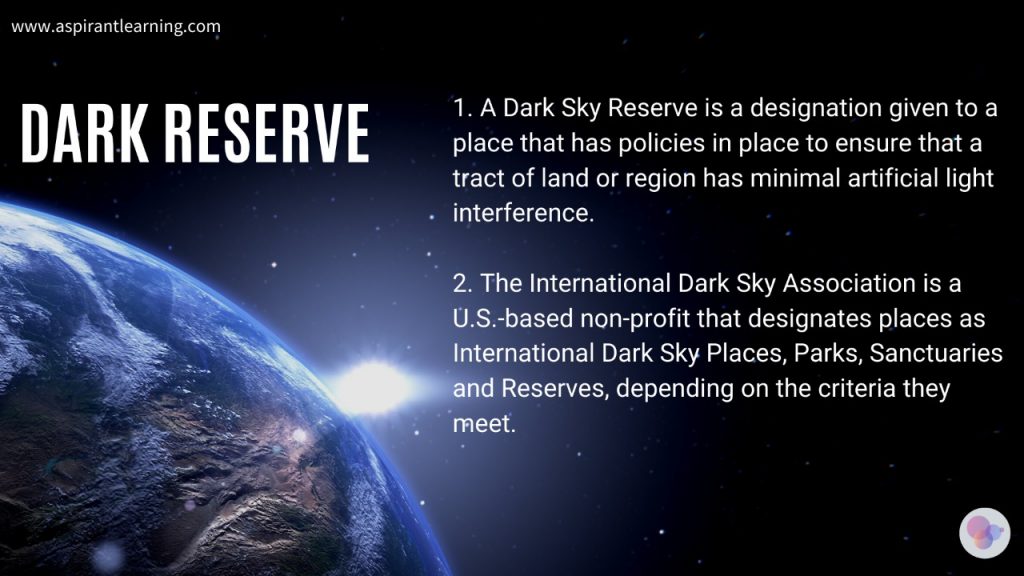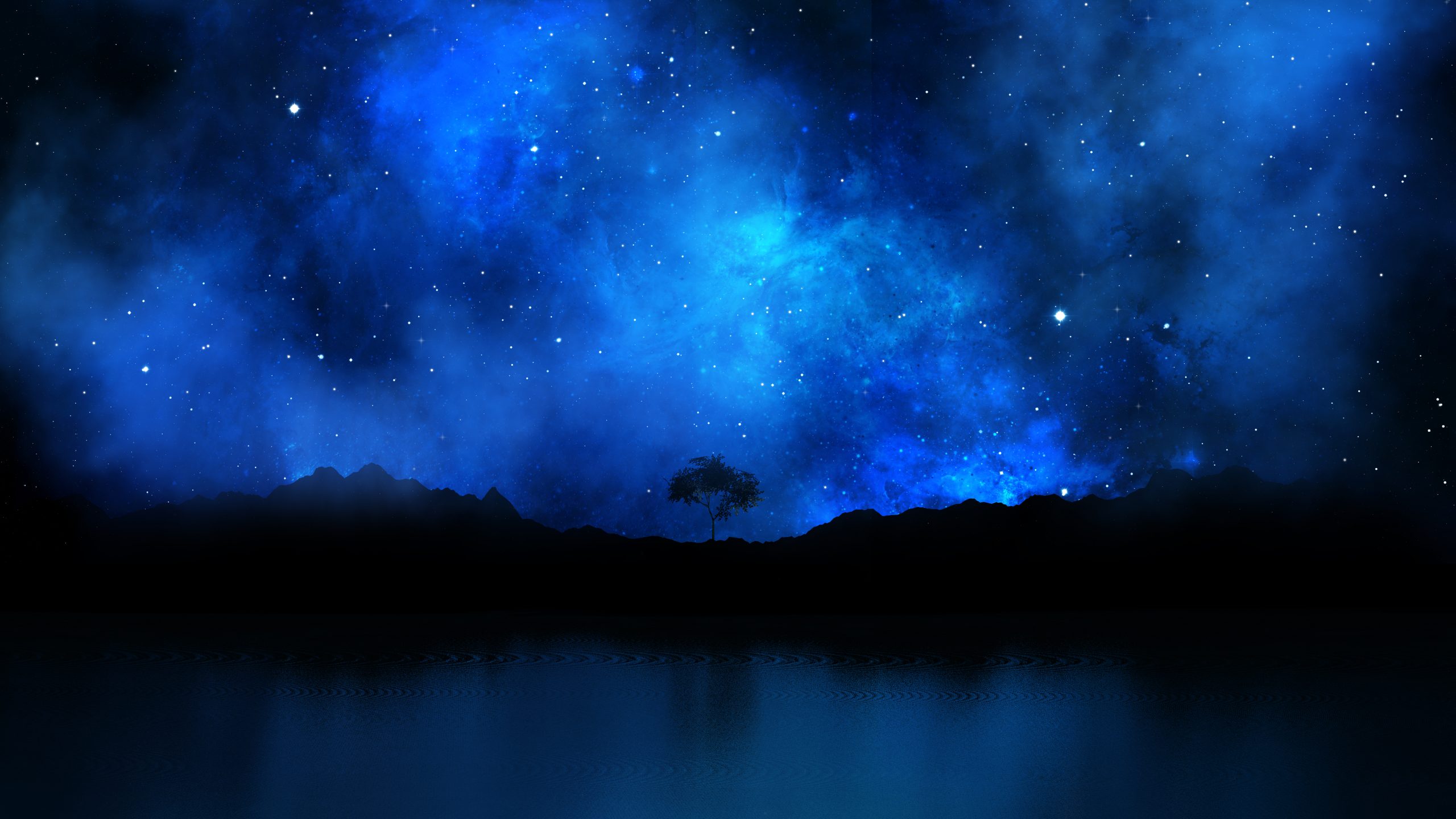News Highlights:
- light pollution: A 2016 study reported that a fifth of India’s people experience a high level of skyglow, non-natural light that increases the night sky’s brightness.
- The effects and consequences of this phenomenon make the absence of a global treaty to reduce light pollution more conspicuous.
Key takeaway:
- People around the world are seeing fewer and fewer stars in the night sky.
- The change in star visibility can be explained by an increase in the sky brightness of 7-10 per cent per year.
The study report on skyglow:
- The prevalence of skyglow:
- The study titled ‘Citizen scientists report rapid global reductions in the visibility of stars from 2011 to 2022, where researchers from Germany and the U.S. analysed a global database of what the dimmest star visible from a particular location.
- They analysed more than 50,000 naked-eye observations by citizen scientists worldwide from 2011 to 2022 as part of the “Globe at Night” Citizen Science Project.
- They found that non-natural light had increased the brightness of the artificial glow of the night sky or skyglow by 9.2-10% every year between 2011 and 2022.
- Specifically, they reported that the skyglow had brightened around 6.5% over Europe, 10.4% over North America, and 7.7% over the rest of the world.
- About Skyglow:
- The Skyglow is an omnipresent sheet of light across the night sky in and around cities that can block all but the brightest stars from view.
- The brightening of the night sky over inhabited areas because of streetlights, security floodlights and outdoor ornamental lights causes the Skyglow.
- This light floods directly into the eyes of the Nocturnal (active at night) and the skies and misleads their path.
- ‘Skyglow’ is one of the components of light pollution.
- The situation in India:
- The study had only a few observations from Asia, South America and Africa
- 19.5% of India’s population, the lowest among G20 countries, experiences a level of skyglow that would at least keep the Milky Way galaxy out of sight.
- India’s artificial light area increased by 1.07-1.09%, and the average radiance of “stably artificial light areas” increased by 1.05-1.07%.

Light Pollution:
- About:
- Light pollution is the artificial brightening of the night sky caused by man-made lightening sources, which has a disruptive effect on natural cycles and inhibits the observation of stars and planets.
- It is also known as photo pollution or luminous pollution and is the misdirected or obtrusive of natural light by excessive artificial light.
- More than 80% of humanity lives under skies saturated with artificial light.
- Components of light pollution:
- Glare: Excessive brightness that causes visual discomfort
- Skyglow: Brightening of the night sky over inhabited areas
- Light trespass: Light falling where it is not intended or needed
- Clutter: Bright, confusing and excessive groupings of light sources.
- Effects of Light Pollution:
- Lighting that emits too much light or shines when and where it’s not needed is wasteful.
- Wasting energy has enormous economic and environmental consequences.
- Artificial light at night has adverse and deadly effects on many creatures, including amphibians, birds, mammals, insects and plants. It disturbs the reproductive cycles of some animals, and the migration of birds that navigate using the stars and disoriented night-flying insects is disturbed.
- Excessive blue light emitted from LEDs directly affects sleep patterns in humans by suppressing the production of the hormone melatonin, which mediates the sleep-wake cycle in humans.
Pic Courtesy: Freepik
Content Source: The Hindu



